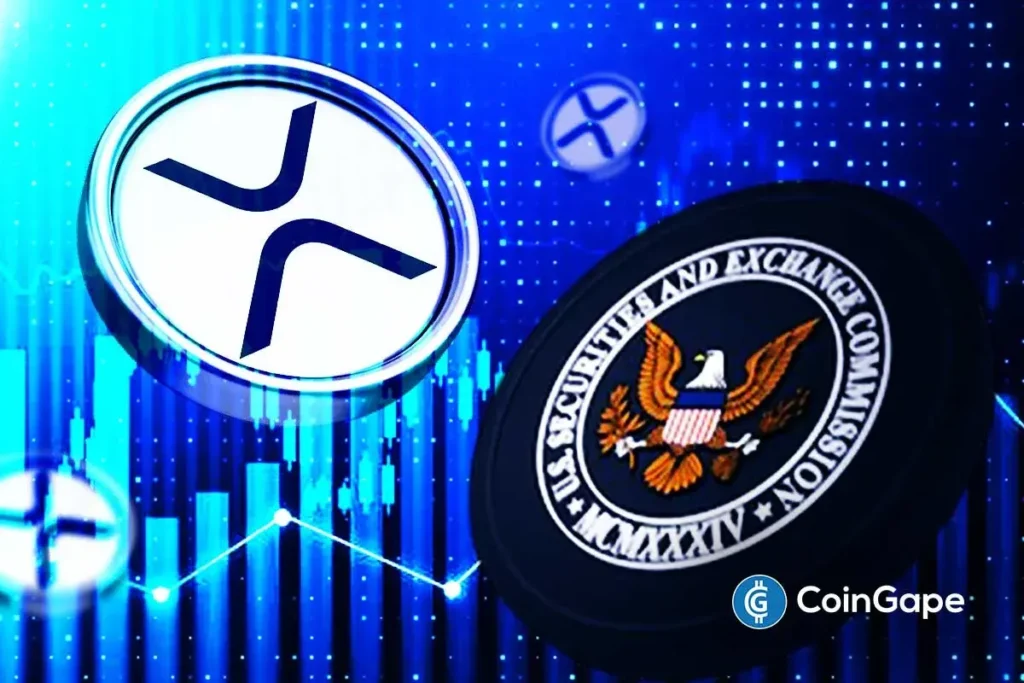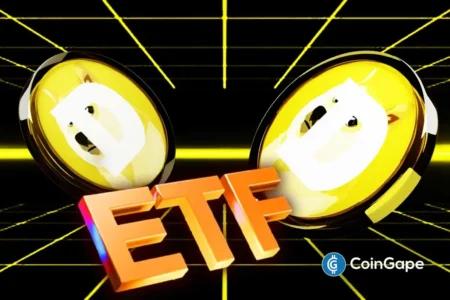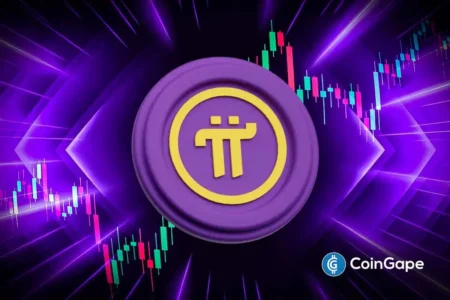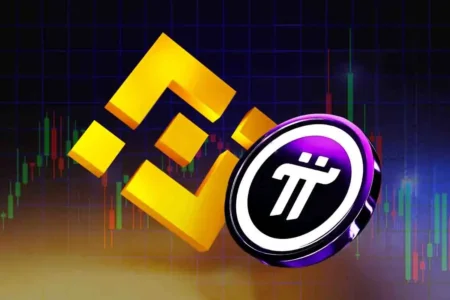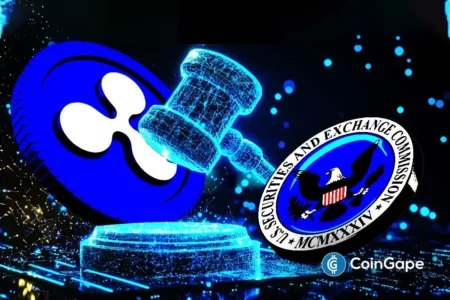The Ripple Lawsuit Conclusion: Corporate Players Race to Build XRP Treasuries
The conclusion of the Ripple lawsuit marks a significant turning point for the cryptocurrency landscape, propelling corporate entities to actively construct their XRP treasuries. High-profile companies like Quantum Biopharma and Worksport Ltd have begun to disclose their XRP holdings following the latest SEC filings. Pro-XRP lawyer Bill Morgan suggests that this initial movement may escalate into a competitive treasury race, reminiscent of recent developments within the Ethereum community.
Corporate Interest in XRP Grows
The end of the prolonged legal battle between Ripple and the SEC signals a new era for corporations in the crypto sector. With regulatory uncertainties now alleviated, companies are seizing the opportunity to diversify their digital assets. Morgan points to recent SEC disclosures, underlining a surge in corporate interest in XRP. Quantum Biopharma, previously focused on Bitcoin, Dogecoin, and Solana, has now expanded its treasury to include XRP and Ethereum, demonstrating a strategic pivot toward incorporating a broader range of cryptocurrencies.
Similarly, Worksport Ltd is on the move, doubling its Bitcoin position while also integrating XRP into its portfolio. The company initiated its cryptocurrency strategy as a hedge against inflation in late 2024 and has already reported a 15% profit on its XRP holdings. These developments illustrate a growing trend where corporations are not just dabbling but strategically investing in cryptocurrencies, particularly in XRP.
XRP Holdings: New Players Enter the Scene
Further diversifying the landscape, Flora Growth Corp and Hyperscale Data Inc have also entered the XRP arena. Flora Growth recently disclosed its holdings of XRP, in addition to Solana and Ethereum, in its Form 10-Q filing. Hyperscale Data Inc has announced plans to disclose its digital asset portfolio shortly, which will include its inaugural XRP positions. This is particularly noteworthy as Hyperscale’s subsidiary Ault Capital Group intends to acquire $10 million in XRP, solidifying its commitment to bolstering its corporate treasury strategy.
Morgan’s observation of four distinct companies expanding their XRP holdings in under a week emphasizes the urgency and trend in this space. The influx of companies disclosing their XRP participations points to a larger movement where public corporations increasingly see the value of incorporating cryptocurrencies into their financial strategies.
Institutional Demand and ETF Speculation
Following the resolution of the lawsuit, analysts speculate an uptick in institutional demand for XRP. Initially, there were expectations of BlackRock filing for an XRP ETF, but the financial giant has since ruled out this possibility, at least for now. Recent data from Polymarket indicates fluctuating odds regarding the approval of an XRP ETF by the year’s end, ranging from 62% to 86%. Currently, the probability stands at 76%, demonstrating the market’s optimism despite BlackRock’s dismissal.
The prospect of an XRP ETF remains tantalizing for investors and institutions alike. Such financial instruments could enhance liquidity and broaden the asset’s appeal, drawing in larger institutional investors. The ongoing speculation showcases the dynamic nature of the crypto market post-lawsuit, revealing a battlefield for corporate and institutional dominance in cryptocurrency.
Price Action and Market Dynamics
With the lawsuit concluded, XRP’s price has rallied significantly, climbing as high as $3.5. However, it’s now experiencing some retracement, with trading around $3.30 as of the latest updates. This volatility is common in the crypto space, particularly following major market events like legal resolutions or regulatory approvals.
The enhancement in XRP’s price reflects a renewed investor and corporate confidence, but it also illustrates the ever-present uncertainty characterizing the crypto market. As companies continue to build their treasuries, price movements will likely continue to reflect broader market sentiments and the evolving regulatory landscape.
A Bright Future for XRP Treasuries
As corporations, including those listed on Nasdaq, continue to integrate XRP into their treasuries, the ecosystem is evolving rapidly. Major players are not merely adding XRP as a speculative asset; instead, they are positioning it as an integral part of their financial portfolios. This shift could signify a mainstream adoption of cryptocurrencies, paving the way for broader acceptance and use within corporate finance.
The implications of this trend are profound, as corporate participation in crypto aligns financial strategies with innovative technologies. With the SEC lawsuit resolved, the floodgates may have opened for other companies to reconsider their stances on cryptocurrencies, further legitimizing digital assets in the eyes of traditional finance.
Conclusion
The conclusion of the Ripple lawsuit has catalyzed a noteworthy shift in corporate behavior regarding XRP, emulating trends already seen with Ethereum. As firms begin to scribe their own chapters in the cryptocurrency saga, the demand for XRP is set to soar. The developments surrounding corporate treasuries and the potential for an XRP ETF indicate that we are just at the beginning of a significant transformation in the crypto landscape. The coming months will likely showcase an intensified race among corporates to accumulate and leverage XRP, potentially redefining how we view and interact with digital assets in a corporate context.





